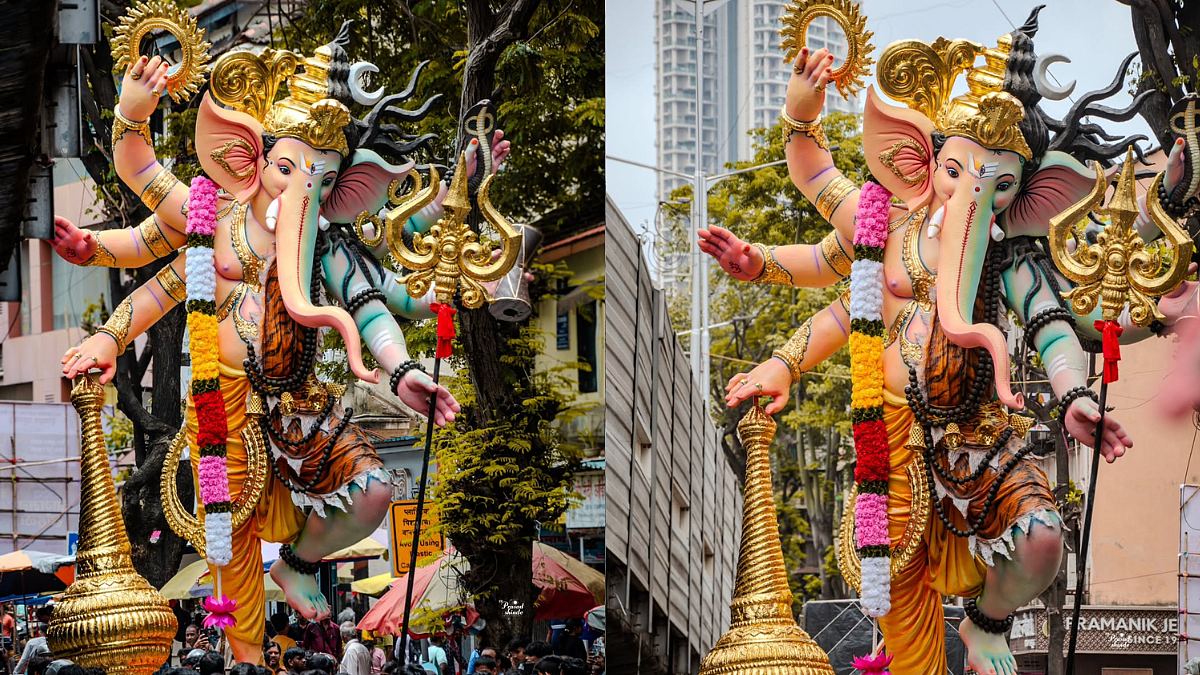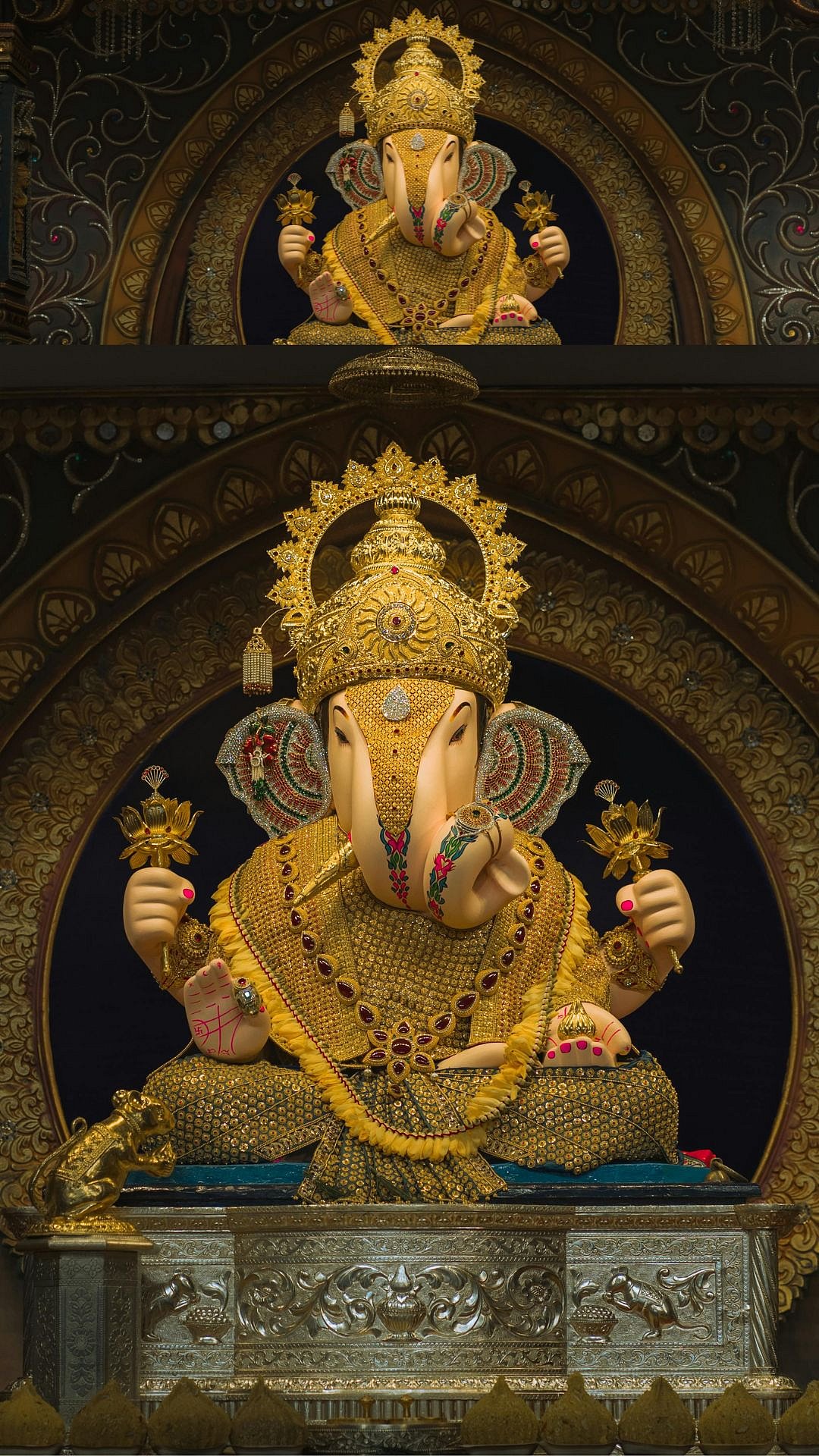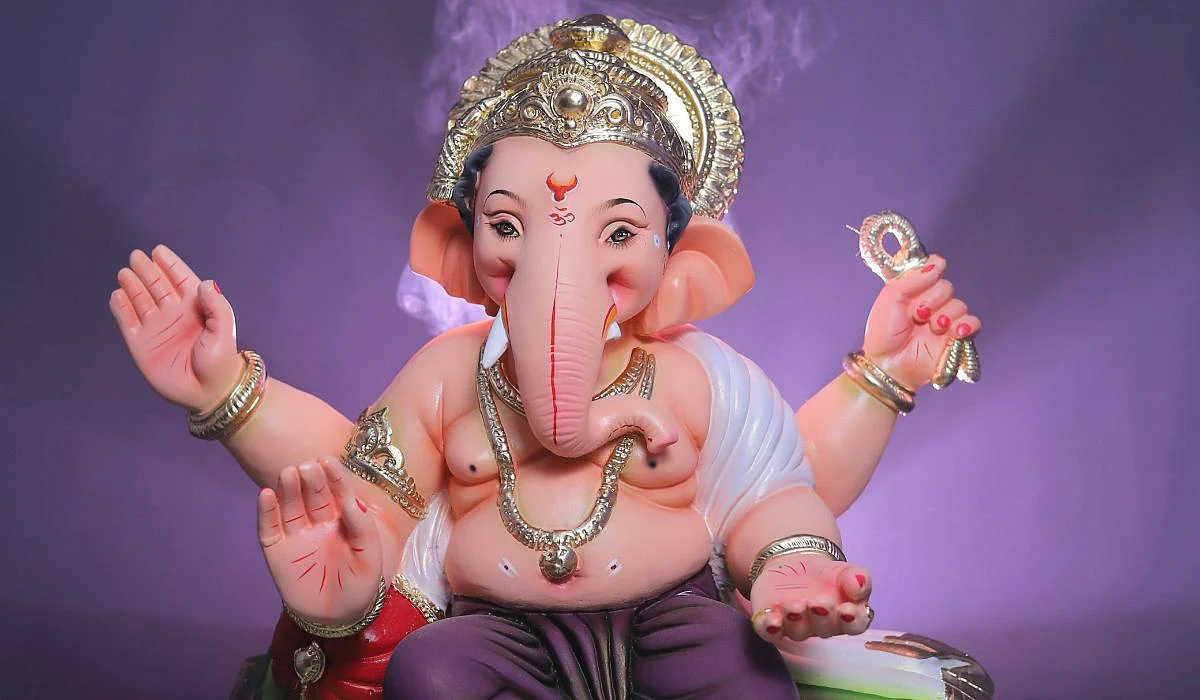Diwali, the festival of lights, is very widely celebrated in India and now across the globe by Hindus to commemorate the triumph of good over evil, knowledge over ignorance and hope over despair. There are a number of rituals and practices that are usually associated with this festival. However, it is relevant to know what the spiritual and philosophical meanings of these are and why people celebrate this occasion with such great festivity.
During Diwali, the majority of the people light oil-wick lamps and keep them outside their house entrance, along with colorful strings of electric lights. But what is the spiritual significance behind lighting lamps? In Hindu culture, light is a powerful metaphor for knowledge and consciousness. Thus, it is a reminder of the importance of education, self-inquiry and improvement, which bring harmony to the individual, the community and between communities. Similarly, during Diwali there is utmost importance given to ‘Lakshmi Puja’ ie worshipping goddess of wealth Shri Lakshmi.
The word ‘Lakshmi’ is derived from the word ‘Lakshya’ or ‘Lakshma’, both of which mean: ‘The goal’. So, by semantic implication, Shri Lakshmi represents ‘the final goal’ of life. The symbols associated with her and the rituals and practices followed on the day of Deepawali all imply that she stands for the highest stage of perfection and development which a human soul can reach. Her four arms or hands signify Dharma, Artha, Kama and Mukti, i.e., the stage of Fruition or Beatitude. Her ‘Abhay Mudra’ shows the pose of assurance and safety. The 100-petal lotus flower on which she sits is symbolic of hundred percent purity and detachment.

Gold coins continually coming from her left hand signify un-ending material prosperity. Invoking Shri Lakshmi on a pitch-dark night by lighting lamps and candles, is thus symbolic of enlightenment of the souls so as to attain the stage of perfection. Complete cleaning of houses and business-houses in advance is indicative of the observance of complete purity. Keeping the door open all night is to let knowledge, virtue and fulfilment of goal be achieved by keeping the doors of knowledge open. But the pity is that people worship only Mammon (kubera) on this day, forgetting the Supreme Almighty and Lakshya or the Goal of life; they remember Nakad Narayana which means cash. They keep the door and windows of the house open, but they have the doors of knowledge shut!
Hence the need of hour is that we should keep lit the lamp of knowledge within us and try to enlighten everyone so that we can become helping hands in the process of world transformation. So, let’s celebrate this Diwali by making our destiny and helping others also to make it most resolute.
The writer is a spiritual educator and popular columnist for publications across India, Nepal and the UK. He can be contacted at nikunjji@gmail.com/www.brahmakumaris.com











